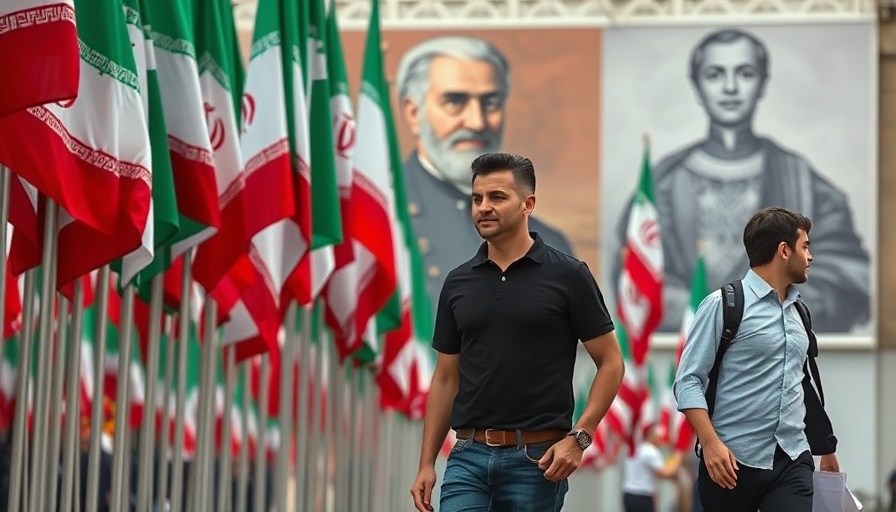
The Implications of the Iran-Israel Ceasefire on Global Markets
In a significant announcement, U.S. President Donald Trump declared a "complete and total" ceasefire between Iran and Israel, stirring immediate reactions across global financial markets. This move is aimed at ending decades of hostilities between the two nations, which have profoundly affected geopolitical stability and investor confidence in the region. Investors are particularly keen to understand how this ceasefire will impact sectors ranging from energy to technology and beyond.
Market Responses and Reactions: What to Expect
The immediate response from the stock markets was mixed, with the S&P 500 index showing a moderate increase of 0.96% while crude oil prices dipped significantly by 3.62%. Such trends indicate that investors are cautiously optimistic but remain aware of the underlying dangers that continued tensions could provoke.
Historically, ceasefires in the Middle East have led to initial stock market rallies but can be followed by volatility as investors reassess the stability of such agreements. Portfolio diversification strategies are crucial for managing potential pump-and-dump situations in the coming days.
Investment Strategies During Geopolitical Changes
With the Iran-Israel ceasefire in place, what should investors keep in mind? First and foremost is the importance of risk management. This includes evaluating not only direct investments in international stocks but also assets like international real estate investing, which may be particularly sensitive to geopolitical shifts.
Investors should also consider sector-based investing strategies that align with emerging trends. For instance, investing in technology stocks may provide growth opportunities while traditional industries like oil and gas may face long-term structural changes.
The Role of ETFs and Mutual Funds in Managing Risk
When geopolitical events shake market foundations, ETF investing and mutual funds emerge as attractive options for both seasoned and beginner investors. These investment vehicles allow for broader diversification across asset classes without the need for extensive individual stock analysis.
Moreover, funds focusing on the Middle Eastern markets or related sectors may see increased activity. Investors should be prepared to explore options in commodities trading, particularly if global tensions affect oil prices, an area typically sensitive to Middle East relations.
Long-term Economic Indicators to Watch
Beyond immediate market reactions, several economic indicators will inform future investment strategies. For instance, inflation rates could shift in response to changes in energy prices due to the ceasefire’s effect on oil supplies. Investors should keep a close eye on these metrics as they can heavily influence asset allocation and portfolio rebalancing efforts.
Furthermore, monitoring interest rates is crucial in the current climate, as central banks may alter monetary policy based on geopolitical stability and its impact on global economic growth.
In Conclusion: Preparing for Market Shifts
The ceasefire between Iran and Israel represents both immediate opportunities and potential challenges for investors. Understanding how to navigate these waters—through dividend stocks, value investing, and wise asset allocation—can help create a resilient portfolio.
As interest rates fluctuate and economic indicators evolve, proactive investment strategies will be essential for those looking to safeguard their financial future. Now is a pivotal moment to assess your investment strategies—consider speaking with a financial advisor to determine how best to align your portfolio with the changing landscape.
 Add Row
Add Row  Add
Add 



Write A Comment